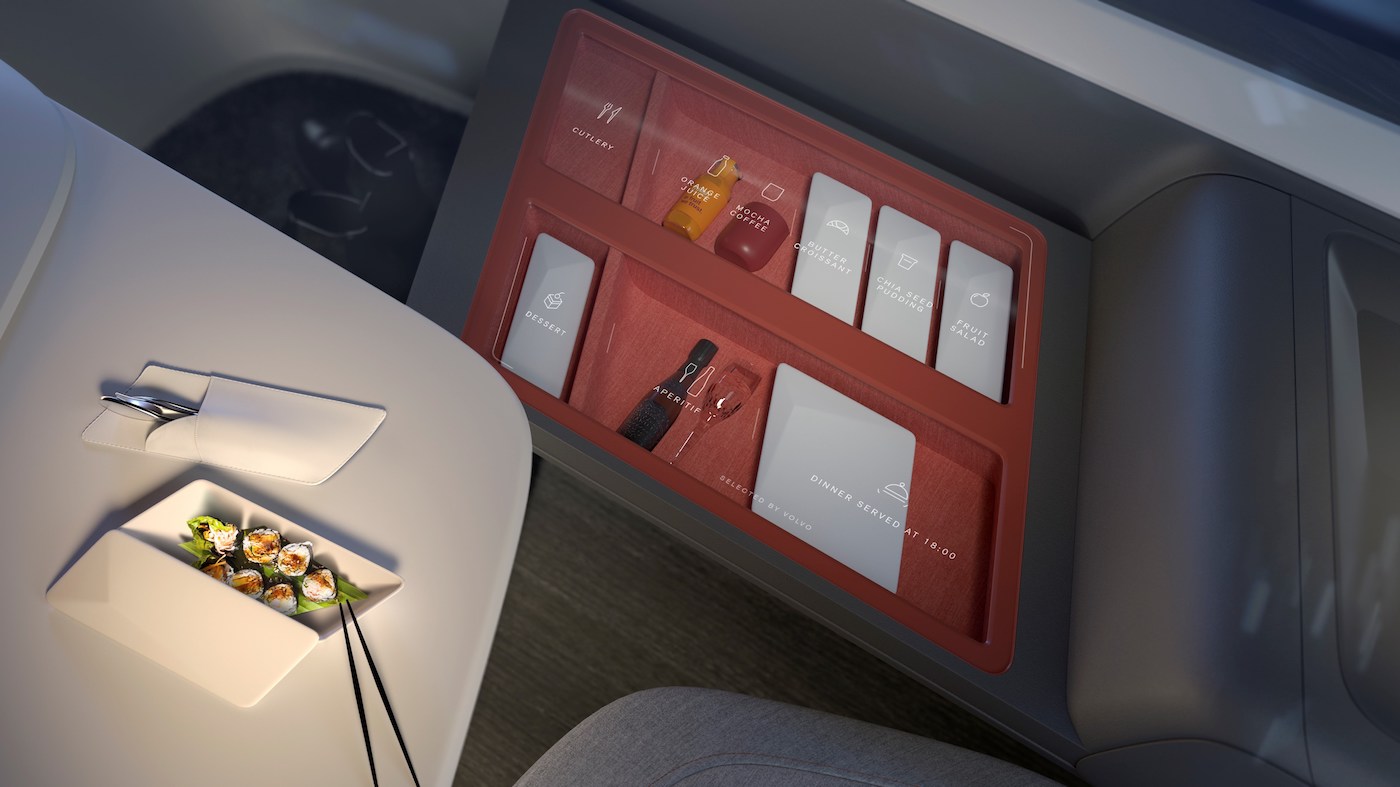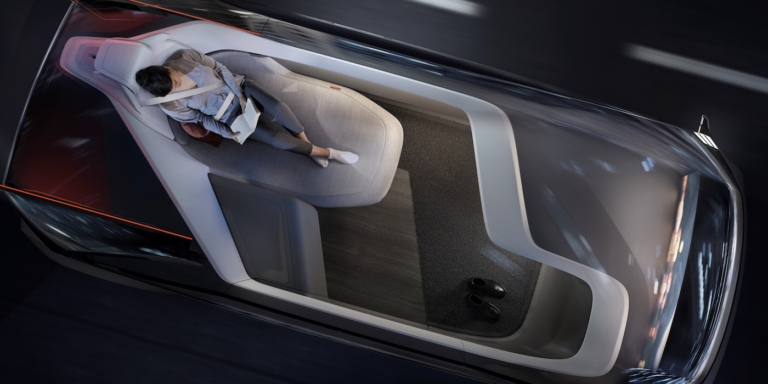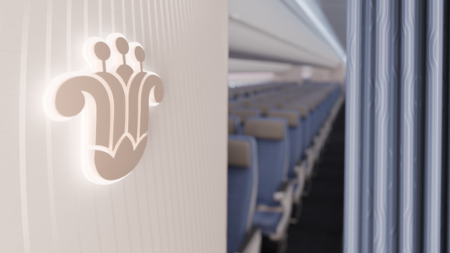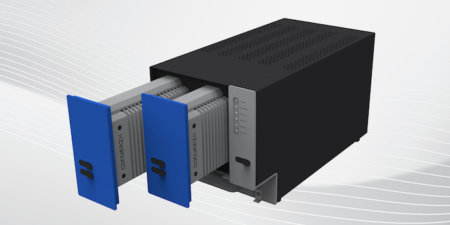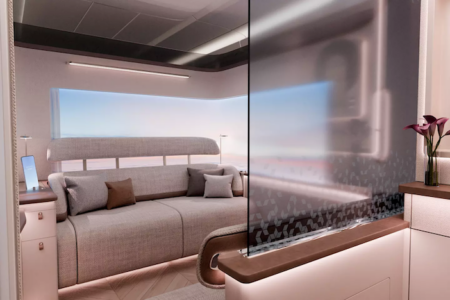Domestic flights are a very quick means of getting from one place to another. However, the end-to-end travel experience can be another matter. Ahead of that flight, passengers can face congested roads leading to the airport, long lines for baggage drop, even longer lines for airport security, dead time waiting in the terminal – and then more of the same after landing. Many domestic travelers dream of simply stepping into their own first-class private cabin at home, enjoying good sleep, entertainment or company, and then stepping out of this cabin at the desired destination. It seems that designers at Swedish luxury vehicle manufacturer, Volvo, have also been dreaming of a true luxury door-to-door experience, and have devised the 360c concept, a view of a future of premium travel that is autonomous, electric, connected and safe. 360C is not just another car concept, as Volvo Cars envisions such a vehicle being able to open up new growth markets for the company, including a slice of the multi-billion-dollar domestic air travel industry.
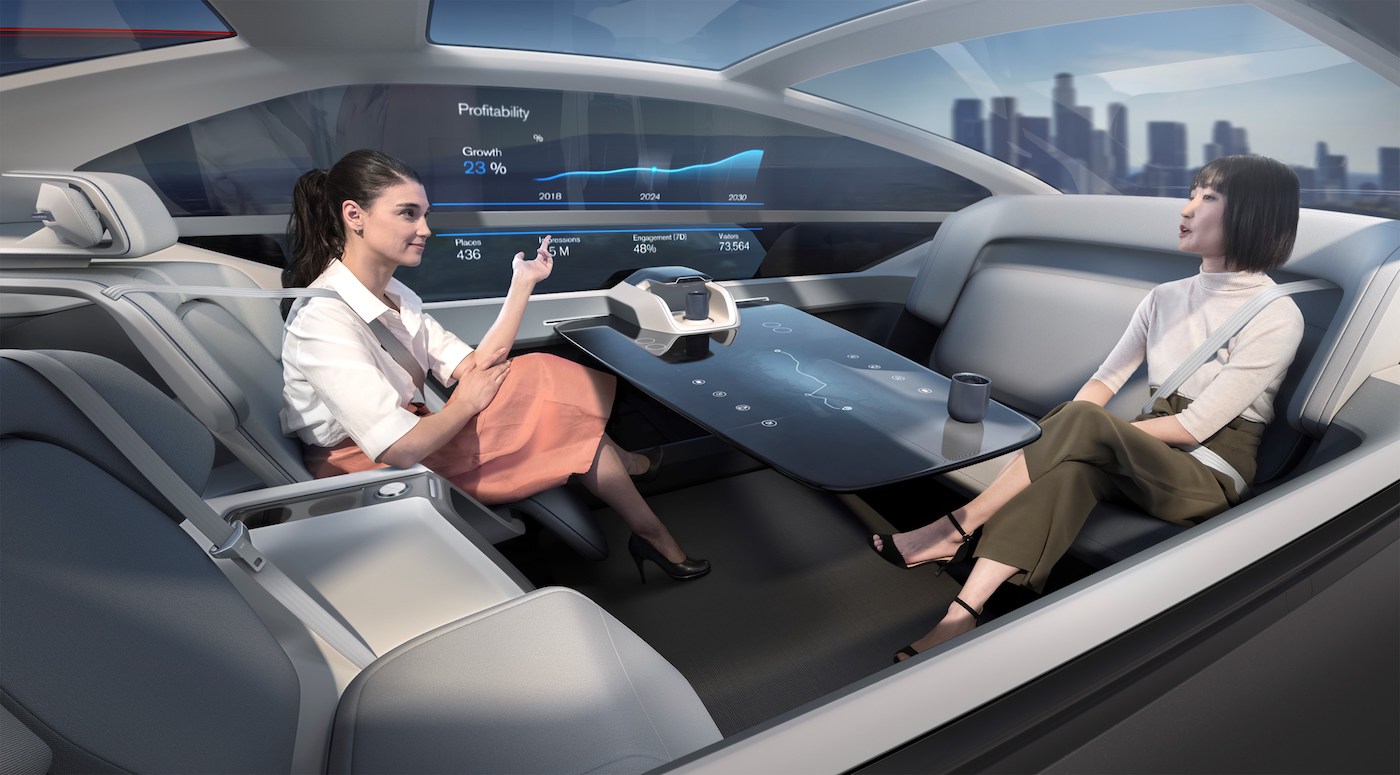
Airlines such as Virgin Atlantic already offer a ‘limousine’ service that can collect premium passengers from their home or office and deliver them to the airport terminal. However, the 360C is a quite different vehicle, as this fully autonomous car would not require a human driver. With no bulky controls such as steering wheels required, or indeed a large combustion engine, the Volvo team can enjoy a great freedom of design, reimagining the placement of passengers in the cabin. Four main uses of the passenger space are envisioned: a sleeping environment, mobile office, living room and entertainment space. According to Volvo, routes of around 185 miles (300km) are “prime candidates for disruption” by an alternative mode of travel.
“Domestic air travel sounds great when you buy your ticket, but it really isn’t. The 360c represents what could be a whole new take on the industry,” said Mårten Levenstam, SVP of corporate strategy at Volvo Cars. “The sleeping cabin allows you to enjoy premium comfort and peaceful travel through the night and wake up refreshed at your destination. It could enable us to compete with the world’s leading aircraft makers.”
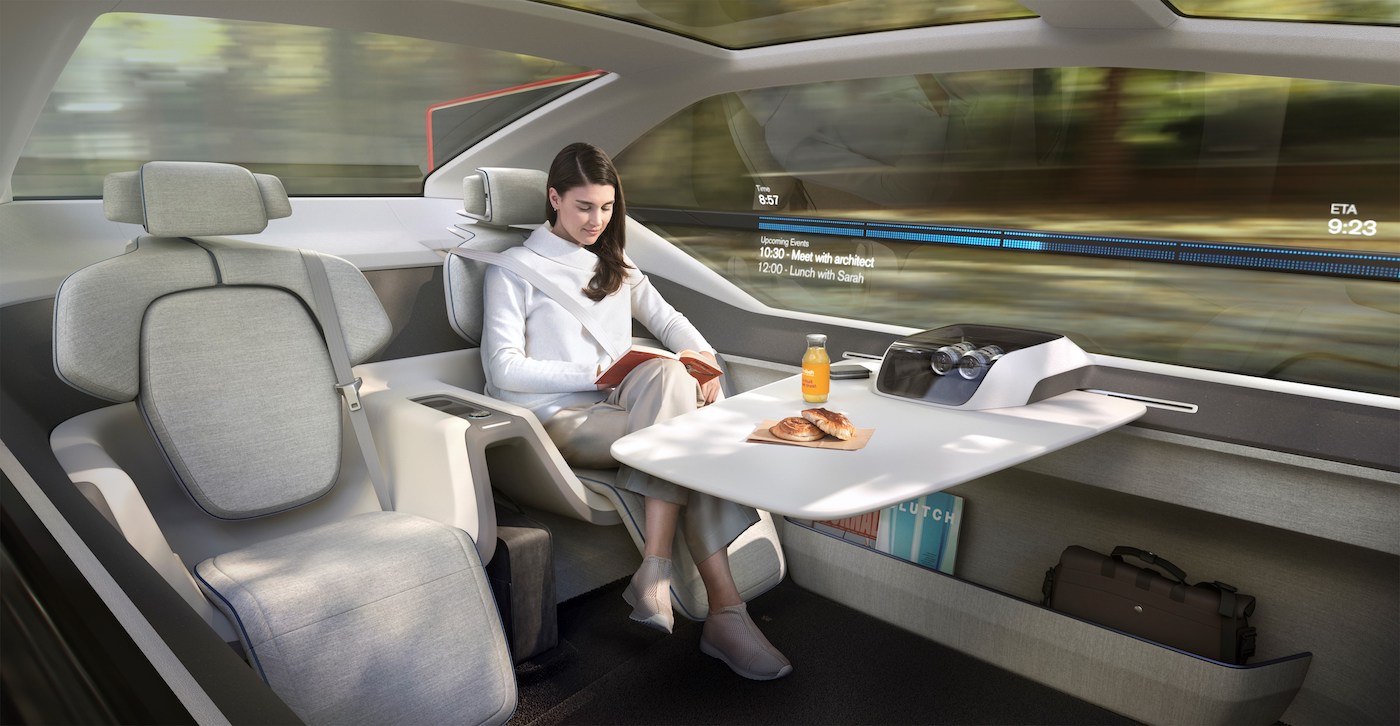
Levenstam’s comments reveal the scale of the ambitions of several companies looking to produce autonomous vehicles: they are not only looking to take domestic airline business, but single-aisle commercial and bizjet business. As Volvo reports, “360c represents a potentially lucrative competitor to short-haul air travel, a multi-billion-dollar industry comprising airlines, aircraft makers and other service providers”.
An example given by the company is that, within the USA, more than 740m travelers took domestic flights in 2017, and America’s domestic air travel industry alone is worth billions of dollars in revenue. Several busy domestic US air routes, such as New York to Washington DC, Houston to Dallas and Los Angeles to San Diego, are more time-consuming by air than by car when including things such as travel to the airport, security checks and waiting times.
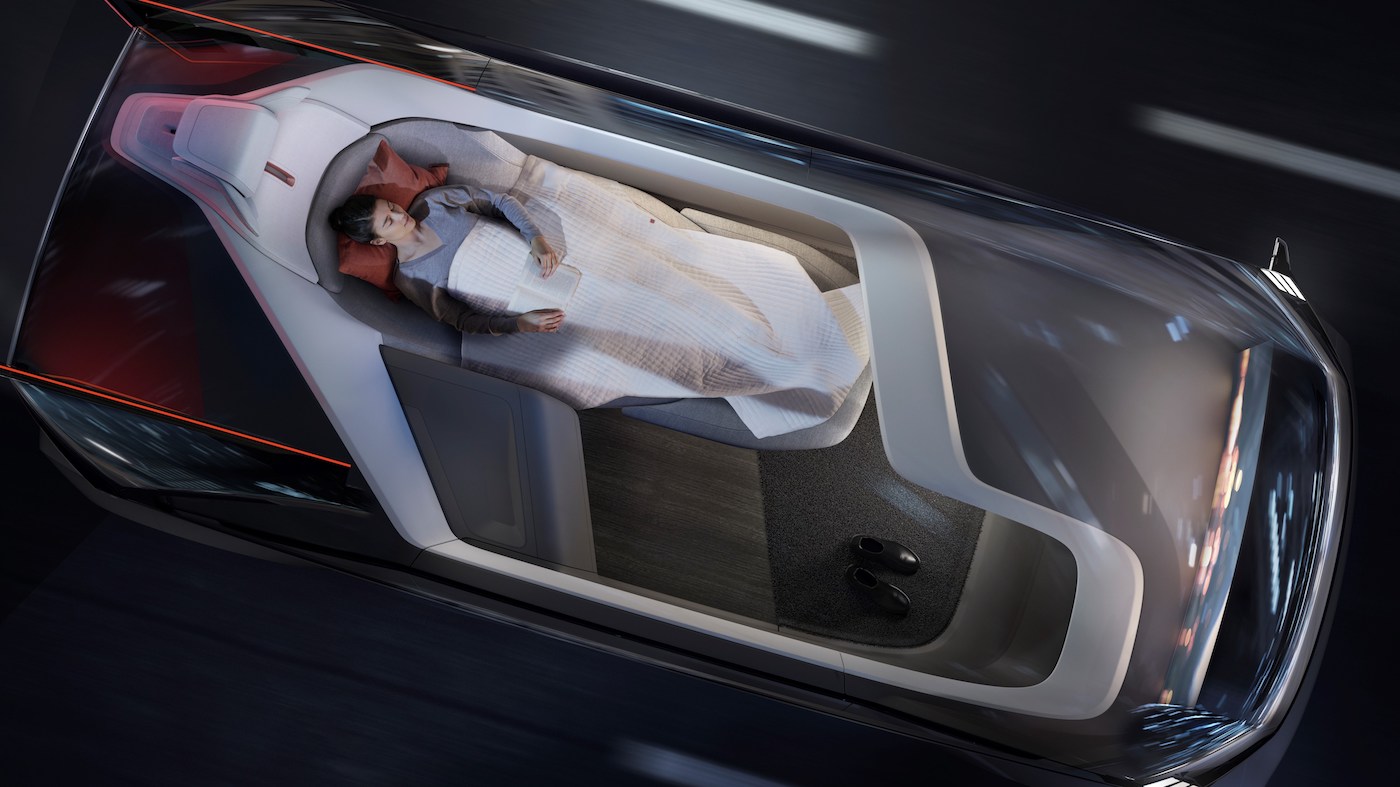
Volvo views the 360c as a first, deliberate step towards a broader discussion about the potential for autonomous driving technology to fundamentally change society in many ways. “When the Wright brothers took to the skies in 1903, they did not have a clue about what modern air travel would look like,” said Levenstam. “We do not know what the future of autonomous drive will hold, but it will have a profound impact on how people travel, how we design our cities and how we use infrastructure. We regard the 360c as a conversation starter, with more ideas and answers to come as we learn more.”
